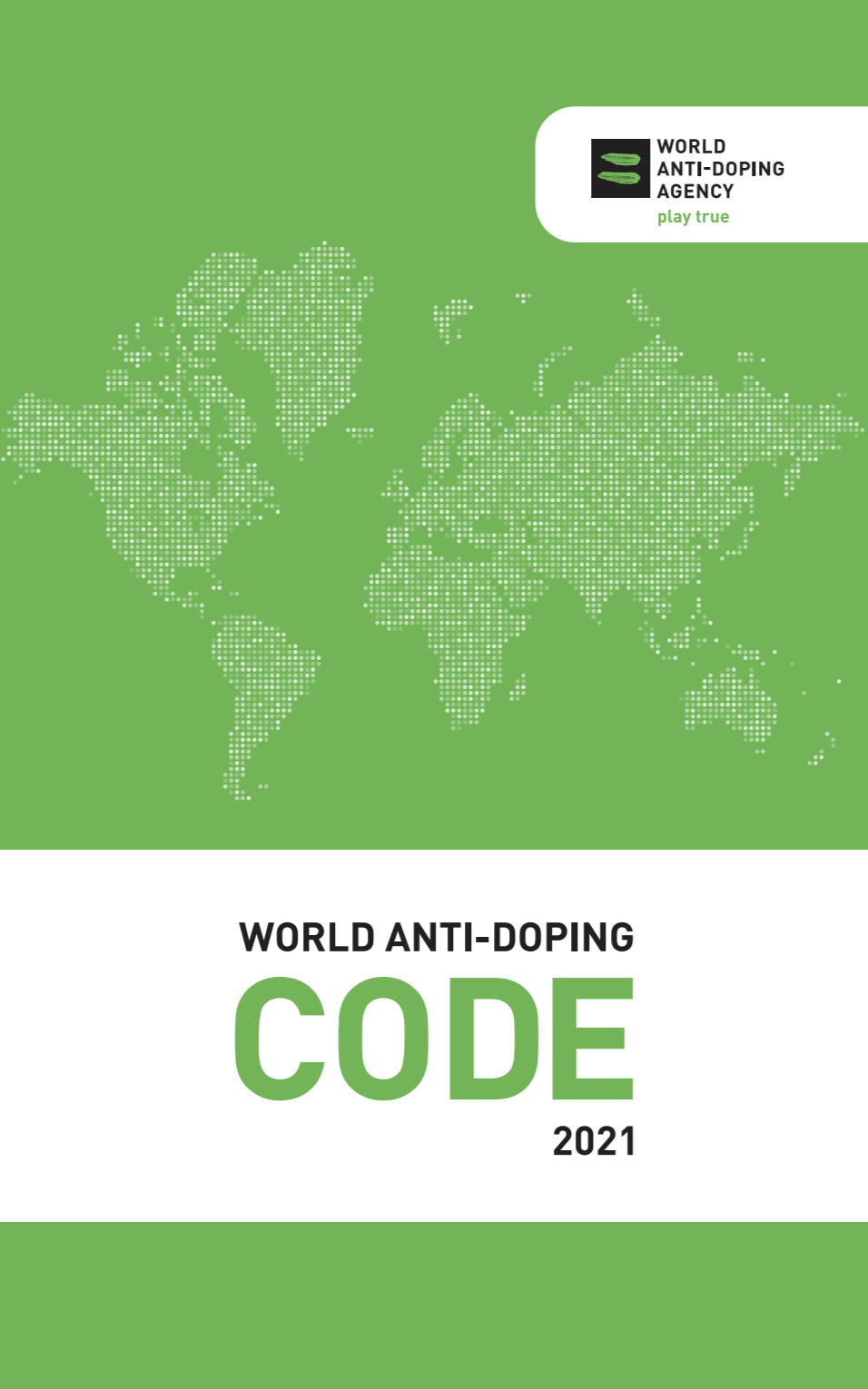 Administered by the World Anti-Doping Agency (WADA), the World Anti-Doping Code (the Code) harmonizes anti-doping rules and regulations for organizations and athletes around the world. USADA and the United States Olympic and Paralympic Committee (USOPC) are signatories to the Code, which means that any athlete who is a member of a USADA testing pool and/or a National Governing Body for Sport (NGB) is subject to the Code.
Administered by the World Anti-Doping Agency (WADA), the World Anti-Doping Code (the Code) harmonizes anti-doping rules and regulations for organizations and athletes around the world. USADA and the United States Olympic and Paralympic Committee (USOPC) are signatories to the Code, which means that any athlete who is a member of a USADA testing pool and/or a National Governing Body for Sport (NGB) is subject to the Code.
WADA releases an updated version of the Code every five to six years, and the latest version of the Code will go into effect on January 1, 2021. While there are many changes reflected in the 2021 Code, USADA has highlighted some of the key changes that athletes should be aware of below.
1. In-Competition Period
Under the 2021 rules, in-competition is defined as the period beginning at 11:59 p.m. on the day before a competition in which the athlete is scheduled to participate, through the end of the competition and the sample collection process related to the competition.
2. New Violation
Whistleblowing, or reporting information to authorities, is now protected under the 2021 World Anti-Doping Code. More specifically, it is a violation to threaten, intimidate, or discourage a person from reporting information to authorities about doping violations or non-compliance with the Code, or to retaliate against another person for doing so. Athletes, athlete support personnel, and all those subject to anti-doping rules who attempt to obstruct whistleblowing activities may receive a sanction ranging from two years to lifetime ineligibility, depending on the seriousness of the violation.
3. Substances of Abuse
WADA has identified a category of substances called Substances of Abuse, which are substances that are both prohibited in-competition and frequently abused in society outside of sport.
The 2021 Prohibited List identifies the following as Substances of Abuse: cocaine, diamorphine (heroin), methylenedioxymethamphetamine (MDMA/ecstasy), and tetrahydrocannabinol (THC, the psychoactive chemical in natural cannabis products).
Positive tests involving Substances of Abuse will be subject to specific rules under the 2021 World Anti-Doping Code. For example, if an athlete can establish that the use of a substance of abuse was out-of-competition and unrelated to sport performance, then the period of ineligibility is an even three months with no need to further analyze the degree of fault. The sanction can be further reduced to one month if the athlete successfully completes a substance abuse program that is approved by USADA.
Questions?
For questions about testing, contact USADA’s Athlete Services Team at athleteexpress@USADA.org or call (719) 785-2000.
For questions about specific products, substances, and methods, contact USADA’s Drug Reference Line at drugreference@USADA.org or call (719) 785-2000, option 2.
Read more Spirit of Sport blog posts



